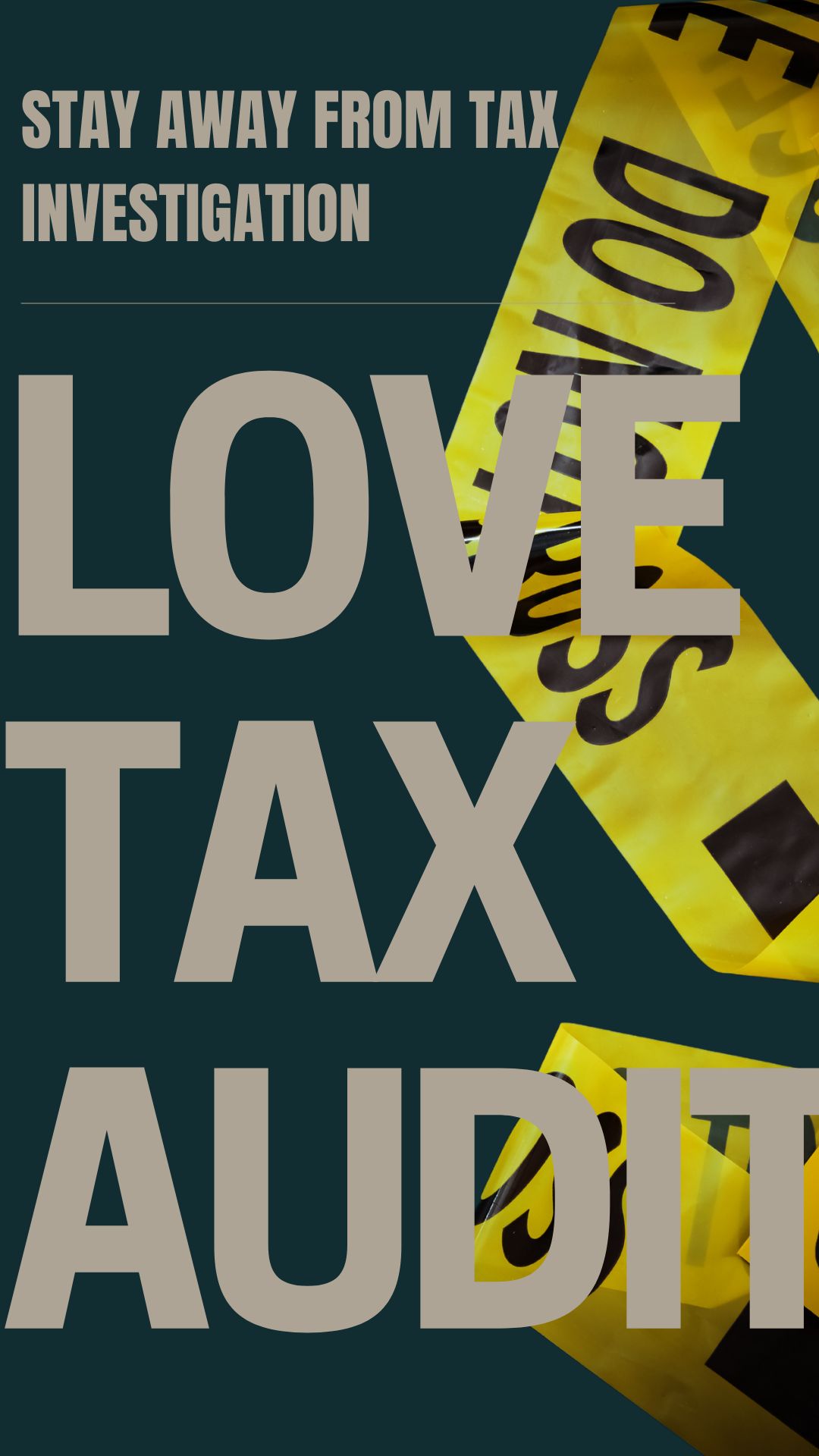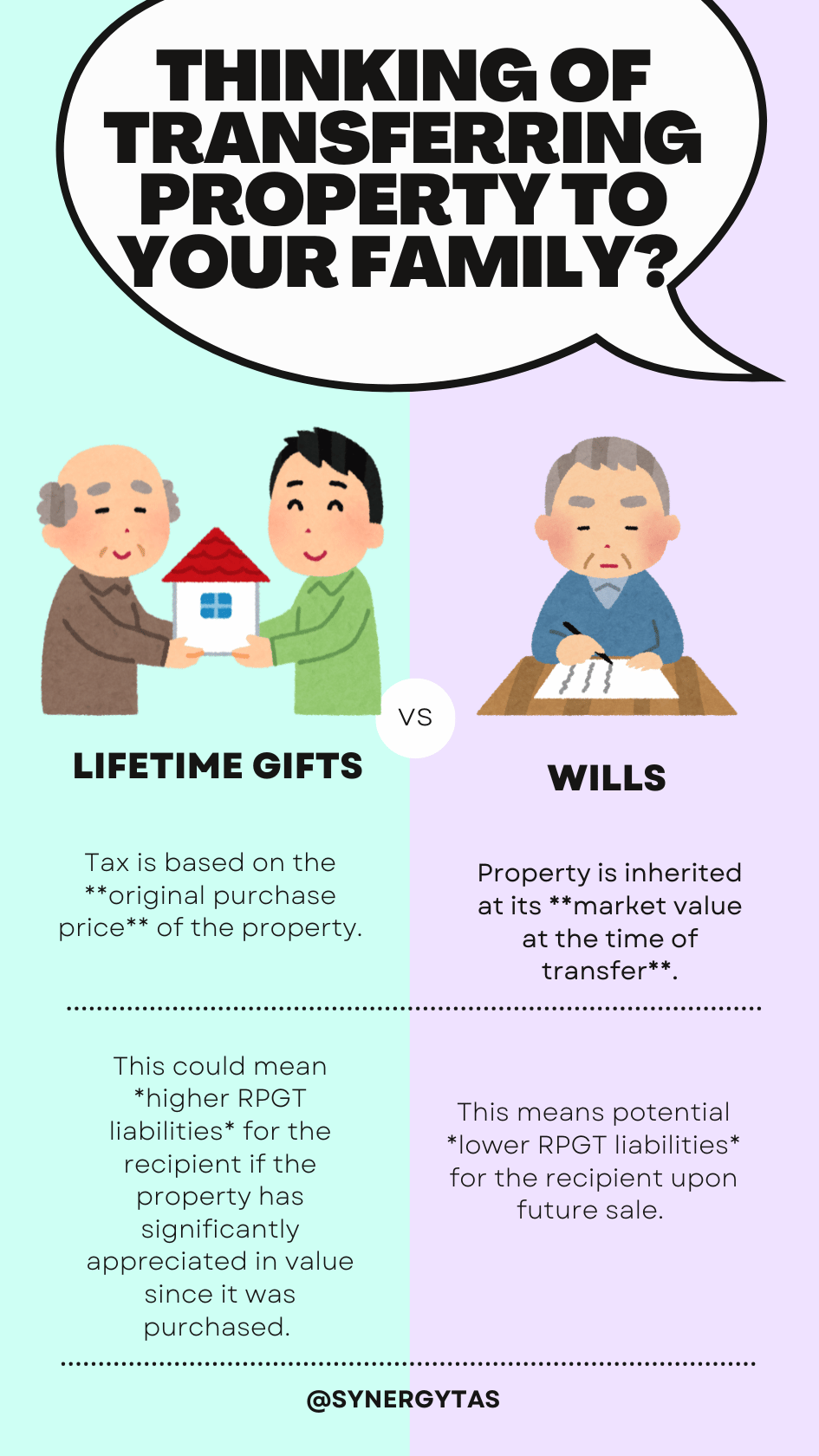“From the year of assessment 2024 onwards, the taxpayer can submit amended returns electronically.” The question is should you utilise this convenient?
Revising your tax return may seem like a simple way to correct errors, but it can come with unexpected consequences. One crucial but often overlooked aspect is the opening of the time-barred recounting period. Here’s what you need to know:
What is Time-Barred Recounting?
The term “time-barred” refers to the statutory limitation period during which the tax authorities can review and reassess your tax filings. For instance, in Malaysia, this period is generally seven years from the submission date, after which your return becomes “final” and cannot ordinarily be examined further—unless fraud or willful neglect is involved.
How Revisions Open the Time-Barred Period
When you revise a tax return, you reset the clock for recounting purposes. This means that the seven-year limitation period begins anew from the date the revised return is submitted. While this might not seem like a big deal, it significantly increases the window during which your returns can be scrutinized.
Here’s an example for context:
- If you originally filed your tax return in 2020, without a revision, the time-barred period would typically end in 2027.
- If you then revise your 2020 tax return in 2023, the time-barred period resets—allowing the tax authorities to examine your revised filing up until 2030.
Potential Implications for Taxpayers
- Extended Audit Window
Revisions invite an extended window for audits and assessments. This increases the likelihood of tax authorities identifying errors, questioning deductions, or re-evaluating income, even for older filings that would otherwise have been final. - Heightened Documentation Requirements
The extended duration means that you’re responsible for retaining all relevant tax documents and records for the entirety of the reset period. This can add an administrative burden, especially if you lack a proper record-keeping system. - Exposure to Additional Taxes and Penalties
If recounting uncovers discrepancies resulting in underpaid taxes, you may face payment demands for the outstanding amount along with penalties and interest on late payments. The longer recounting period created by a revision increases this risk. - Broader Financial Implications
A prolonged recounting period also affects your financial planning. Negative outcomes during the recounting process could impact your future tax filings or create unforeseen cash flow disruptions if additional tax liabilities arise.
What You Can Do to Stay Protected
- Ensure Accuracy
Revising your tax return should not be taken lightly. Always double-check the information and ensure any adjustments are legitimate and clearly documented. - Seek Professional Guidance
Before initiating a revision, consult with a tax professional who is knowledgeable about Malaysia’s territorial-based tax laws. They can help you weigh the pros and cons, ensuring the revision is necessary and properly handled. - Organize Your Records
If you must revise a tax return and reset the time-barred period, prepare yourself by maintaining comprehensive records of income, expenses, and deductions. This minimizes risks during recounting. - Be Mindful of Timing
Consider whether revising is worth the extended exposure. If the error is minor or won’t materially impact your tax liability, weigh the potential downside of resetting the time-barred period.
The Bottom Line
While fixing a tax filing error is the responsible action, be aware that revisions may open the door to longer scrutiny by tax authorities. By taking a strategic and informed approach—including understanding how the time-barred recounting might affect you—you can minimize risks and protect your financial peace of mind. If you’re unsure, an expert tax consultant can help you make the right decision.









